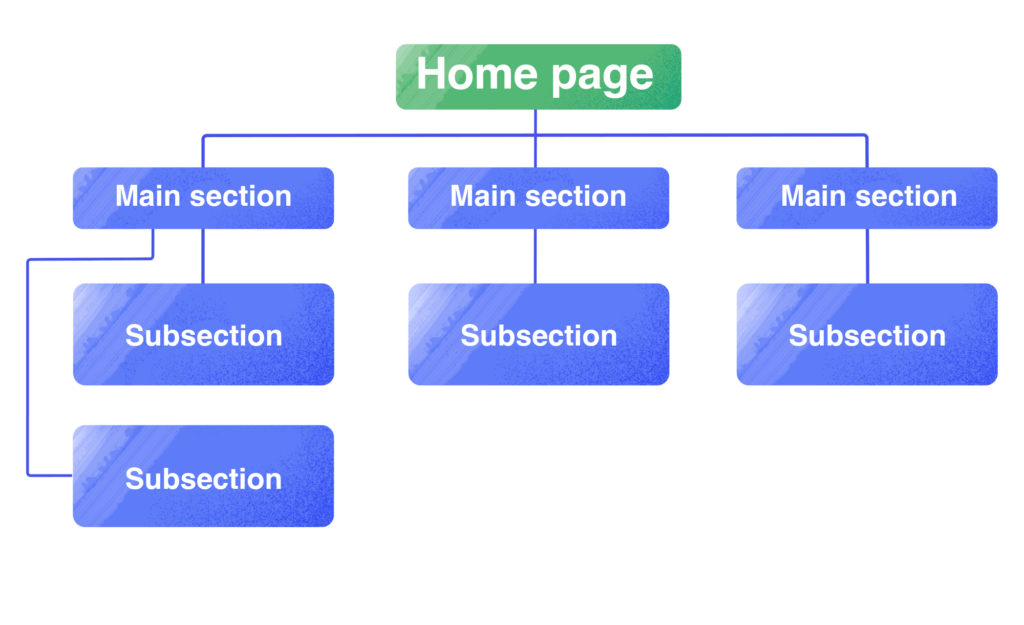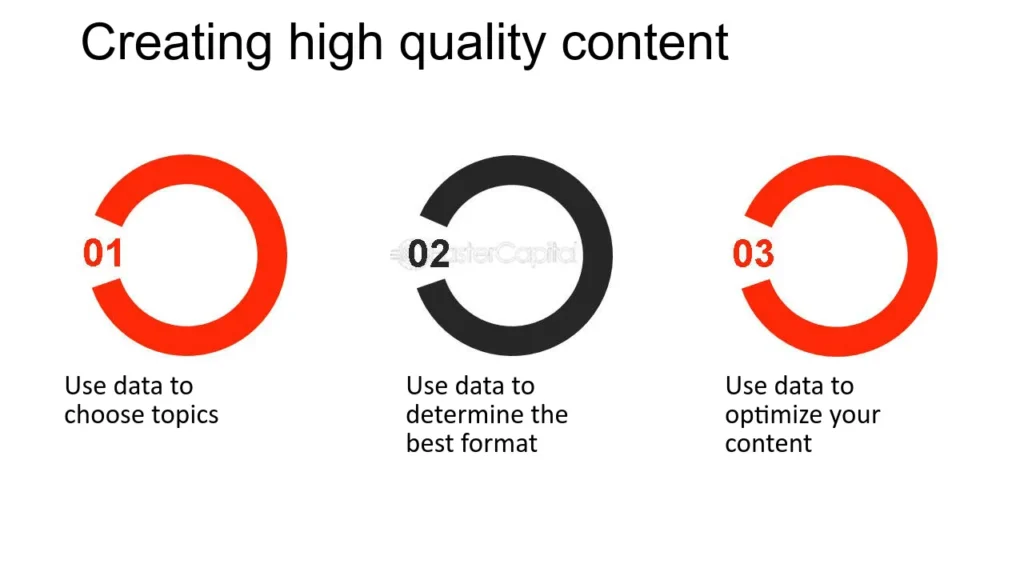
- December 26, 2024
- wallahleads@gmail.com
- 0
In today’s fast-paced digital world, having a well-optimized ecommerce website is essential for businesses looking to expand their customer base and increase sales. Using a web builder can simplify the creation and management of your online store, but incorporating SEO practices ensures your website stands out and attracts visitors. Below are actionable SEO tips tailored for your ecommerce site, powered by Leadswallah.
1. Choose the Right Website Builder

The foundation of an effective ecommerce website lies in selecting a robust web builder. Platforms like Shopify, Wix, and Squarespace offer built-in SEO features and user-friendly customization options. Look for tools that allow you to optimize meta tags, URLs, and image alt texts for better search engine visibility.
Why Leadswallah?
Leadswallah offers expert web development services tailored to ecommerce businesses, ensuring your website is not just functional but also optimized for search engines.
2. Create a User-Friendly Website Structure

A clear and logical site structure is essential for both users and search engines. Organize your site into well-defined categories and subcategories to make navigation seamless. This also aids in faster indexing by search engines.
Tips:
- Sitemap: A sitemap provides a blueprint for search engines to navigate your site. Web builders and Leadswallah experts can help you generate and maintain one.
- Breadcrumbs: These enhance user experience and make it easier for search engines to map your website’s structure.
3. Perform Comprehensive Keyword Research

Understanding the keywords your target audience uses is vital for driving organic traffic. Tools like Google Keyword Planner, Ahrefs, and SEMrush can help you identify high-value keywords.
Tips:
- Long-Tail Keywords: Focus on phrases that are specific to your products, such as “organic cotton baby clothes” instead of just “baby clothes.”
- Competitor Analysis: Examine your competitors to discover keyword opportunities you may have missed.
4. Optimize Product Pages

Your product pages are the heart of your ecommerce site, so they should be optimized to convert visitors into customers while appealing to search engines.
Tips:
- Unique Descriptions: Avoid duplicating manufacturer descriptions. Write original, compelling product descriptions that highlight unique features and benefits.
- High-Quality Images: Use professional images with descriptive alt texts for better SEO and user engagement.
- Enable Reviews: Customer reviews not only build trust but also add fresh content to your pages.
5. Master Meta Tags Optimization

Meta tags such as title tags and meta descriptions provide essential information to search engines and influence click-through rates from search results.
Tips:
- Title Tags: Include primary keywords within 60 characters to make them concise and effective.
- Meta Descriptions: Write persuasive descriptions under 160 characters, incorporating both primary and secondary keywords.
6. Enhance Page Load Speed

Fast-loading websites rank higher and provide a better user experience. Slow pages can deter customers and negatively impact your SEO.
Tips:
- Optimize Images: Use tools to compress images without losing quality.
- Content Delivery Network (CDN): Distribute your content across servers to reduce load times.
- Minimize HTTP Requests: Simplify your pages by reducing unnecessary elements.
7. Ensure Mobile Optimization

With mobile-first indexing, Google prioritizes the mobile version of your website for ranking. Optimizing for mobile is no longer optional.
Tips:
- Responsive Design: Make sure your web builder or Leadswallah-designed site adapts seamlessly to all screen sizes.
- Streamlined Navigation: Keep menus and buttons accessible and easy to use on smaller screens.
8. Leverage Internal Linking

Internal links help search engines understand your site’s structure while guiding users to discover more products and content.
Tips:
- Link Related Products: Suggest similar or complementary products on product pages.
- Blog Integration: Write blog posts about trends or tips and link to relevant product pages.
9. Create High-Quality Content

Publishing valuable content not only engages users but also improves your site’s authority and search engine rankings.
Tips:
- Blog Posts: Write guides, tutorials, and industry insights that appeal to your audience.
- User-Generated Content: Encourage customers to share reviews, photos, or testimonials.
- Videos: Showcase product demos or how-to videos to increase user engagement.
10. Track and Analyze Performance

Consistent monitoring is essential for ongoing improvement. Tools like Google Analytics and Search Console can help you measure success and identify areas to enhance.
Tips:
- Set Goals: Define clear objectives, such as increasing sales or newsletter sign-ups.
- Refine Strategies: Use data insights to optimize your approach regularly.
Why Choose Leadswallah?
Leadswallah specializes in building highly optimized ecommerce websites that help businesses generate leads and boost sales. From web development to advanced SEO strategies, we provide end-to-end solutions tailored to your business needs.
Explore our services:
Visit us at Leadswallah to learn more about how we can transform your ecommerce website into a lead-generation powerhouse.
Let Leadswallah help you achieve your digital goals with innovative solutions and expert guidance. Reach out to us today!

